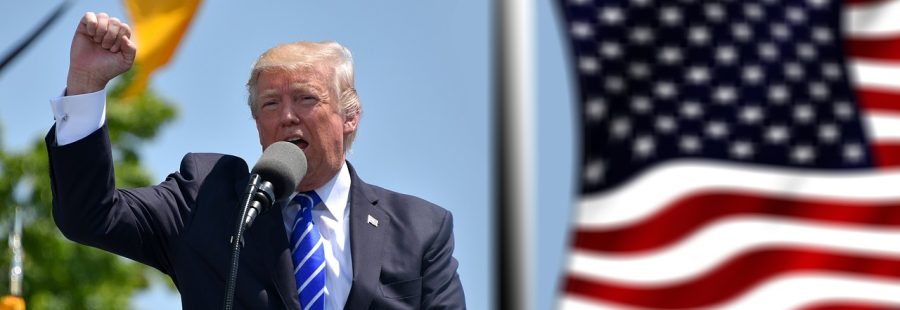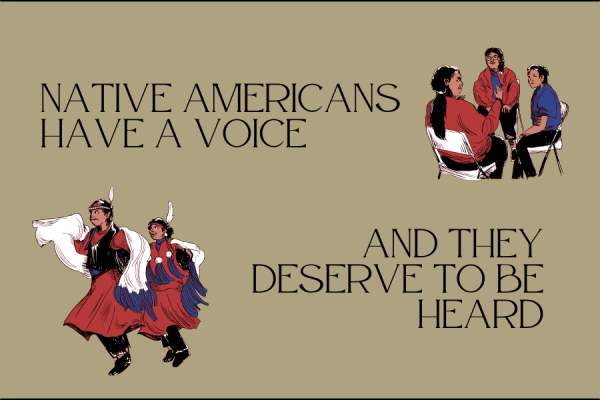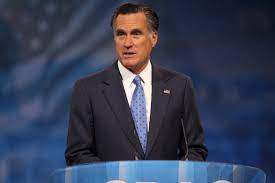Trump was arrested due to 34 counts of falsified buisness records
Former President Donald J. Trump was indicted by the Manhattan grand jury due to an investigation about 34 felony counts of falsifying business records. These counts were allegedly made in his 2016 campaign as hush money (money used to silence someone from disclosing embarrassing or discreditable information). Trump pleaded not-guilty and stated that the charges should be dropped. While paying someone hush money isn’t illegal, it’s the way they did it that made the act illegal. It is stated in various places that the way Micheal Cohen, Trump’s “fixer,” placed the payments in public record could be classified as falsifying business records by categorizing the payments as legal fees.
District Attorney Alvin Bragg, states that Trump was merely trying to conceal crimes that would sway the voting public’s opinion since the payments were made days before the 2016 presidential campaign. When Cohen was arrested, he stated that Trump had nothing to do with the payments, but while under oath he then testified that Trump had ordered him to pay the alleged $130,000 to Sarah Daniels.
The whole reason Trump was indicted was because he had allegedly reimbursed Cohen around $460,000 US dollars for paying off Daniels and for “incidental expenses.” This is the first time a criminal case has been brought up against a former US president. This might open doors to allow other government officials to be investigated if suspicious activity is found.





